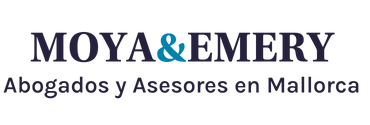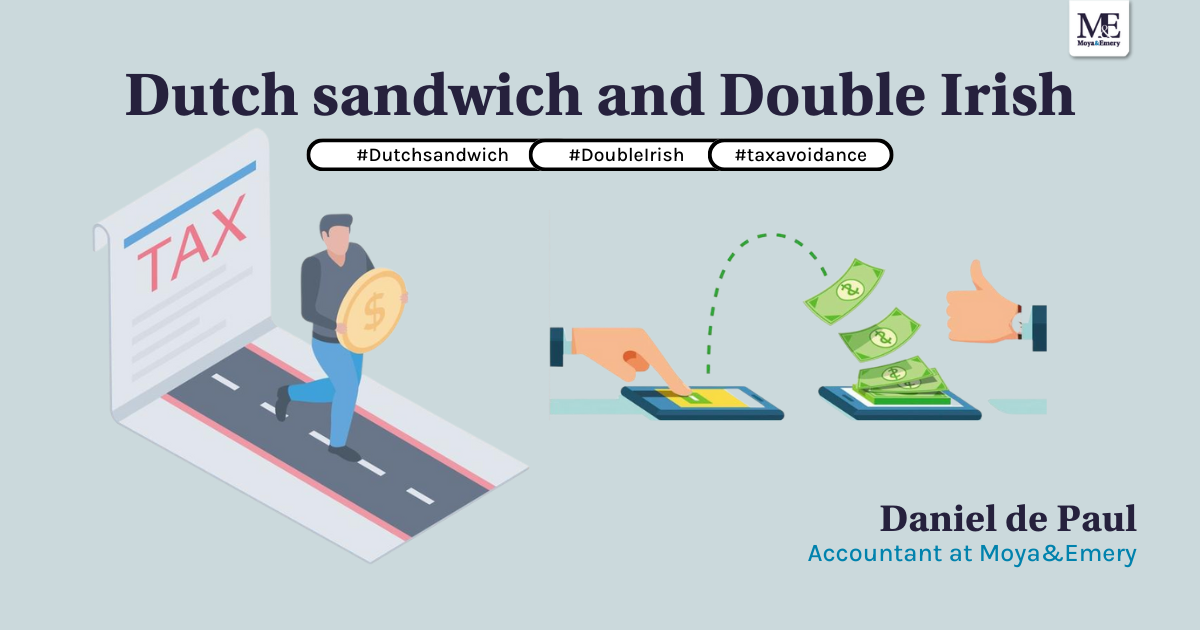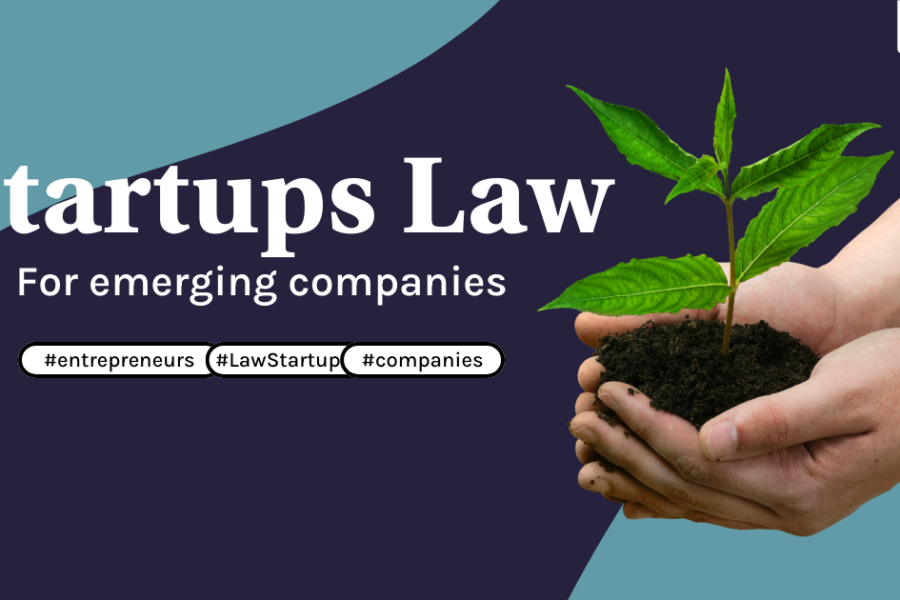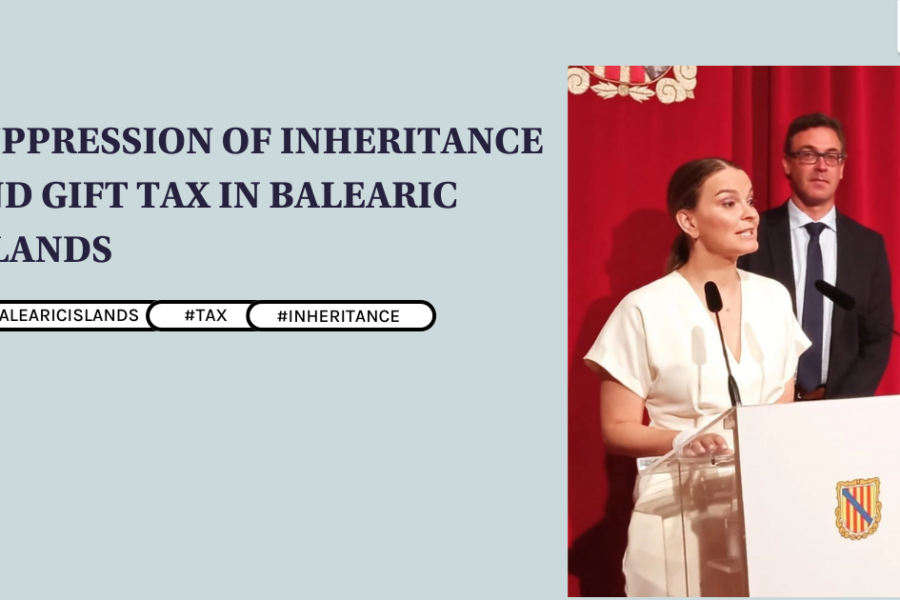Tax avoidance is the behaviour of a person who uses a tax rule in a manner other than the purpose for which it was developed, with the goal of paying less tax. It should not be confused with tax evasion. The main difference between tax evasion and tax avoidance is that in tax evasion the taxable person carries out the event giving rise to the tax, while in tax avoidance the taxpayer avoids the creation of the tax liability.
These are two tax tricks or loopholes that exist in Europe through which some large companies reduce their tax obligations.
Double Irish
Ireland admits as deductible expenses in the country, the amounts invoiced from another Irish company, administered from a tax haven.
How does it work?
Double Irish» allows companies to move profits from high-tax countries to tax havens.
Typically, this is done by transferring IPR (Intellectual Property Rights) payments to a company in Ireland, and then to another registered Irish subsidiary that is tax resident in a non-corporate tax country, such as Bermuda. Users in this way can reduce their effective tax rate in some cases to less than 2%.
Even more attractive if it is used in combination with the «Dutch Sandwich», where the transfer between the two Irish companies is then routed through another subsidiary in the Netherlands to lower the amount of tax paid even further. The sector that mainly resorts to these techniques is the technology sector because these companies can shift a large part of their profits to other countries by locating the intellectual property rights in any foreign subsidiary where they want to direct the profits.
Dutch Sandwich
A corporate tax avoidance strategy, especially used by some US multinational corporations to shift profits from EU countries to offshore tax havens and avoid EU withholding tax regimes.
It takes advantage of the agreements between the Netherlands and its former colonies. In order to avoid paying tax in Ireland on the few remaining profits, these are sent to the Dutch company, taking advantage of the fact that no tax is paid on these operations, and from there they are finally sent to the second haven, paying an insignificant amount of tax. The end result is that all the money has been placed in the two tax havens, with almost no tax paid.
The curious thing is that the companies carrying out these «tax optimisation» strategies are not committing any punishable fraud in either country. They are only taking advantage of discrepancies and inconsistencies between the national tax systems of the different Member States to shift profits to low or no-tax locations or by transfer pricing between group subsidiaries.
In short, as Abraham Lincoln said, «Knowledge is the best investment you can make».
Avoidance is legal, evasion is not.
Contact details
Or fill in our form and we will contact you.
Find out about all our services at www.moyaemery.com



